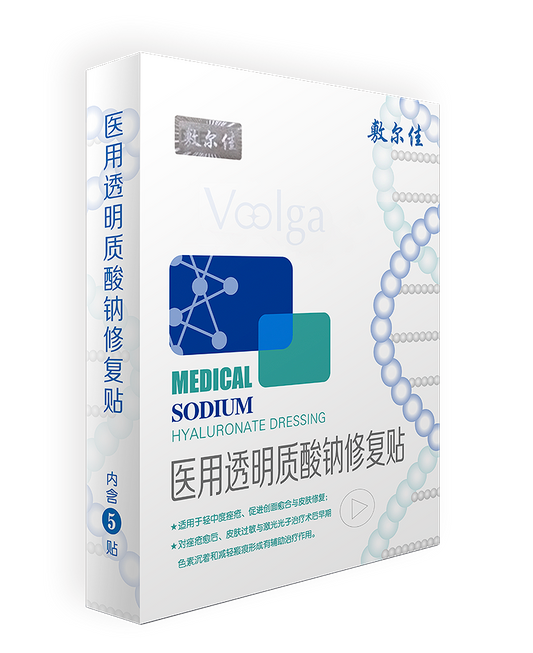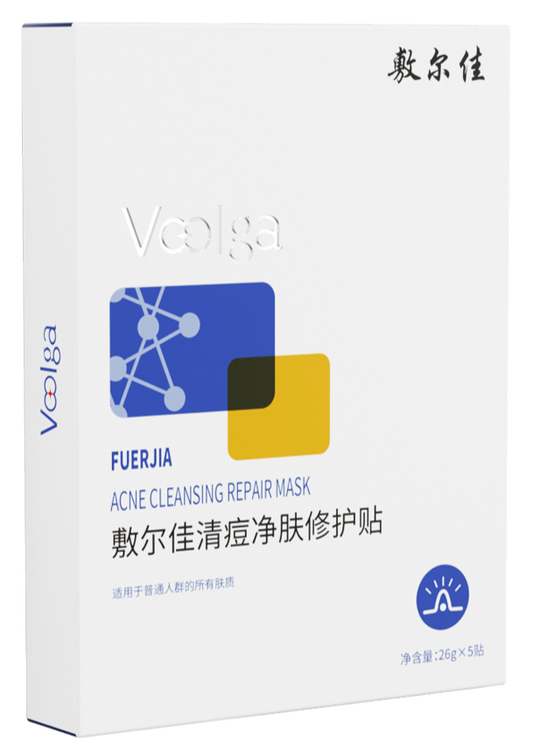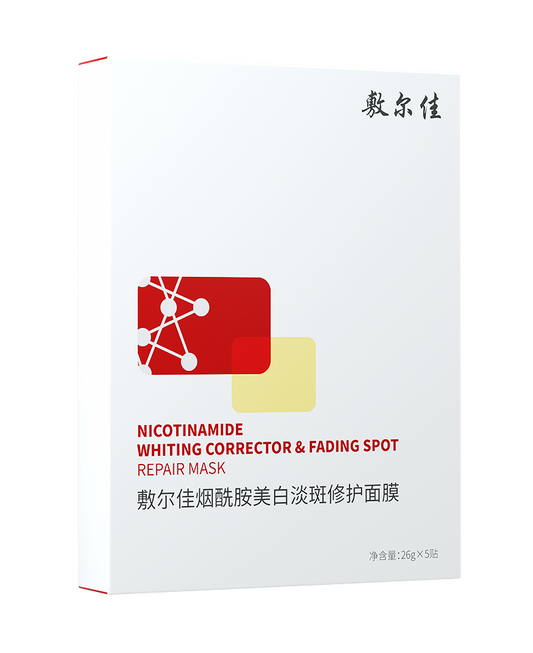In a world overflowing with synthetic beauty products, natural-based skincare is gaining ground—and for good reason. Consumers are becoming increasingly aware of what they’re putting on their skin, and scientific research supports the shift toward more organic, plant-derived ingredients.
So why is it crucial to make the switch to natural-based skincare? Here's what science—and your skin—have to say.
1. Your Skin Absorbs What You Apply
Your skin is your largest organ, and it’s not just a protective barrier—it’s also a pathway. Studies have shown that certain chemicals applied to the skin can enter the bloodstream. According to a 2019 study published in JAMA, common sunscreen ingredients like oxybenzone and avobenzone were detected in the bloodstream at levels exceeding FDA recommendations after just one day of use.
➤ What This Means:
Using skincare loaded with synthetic chemicals might lead to unintended long-term health consequences. Natural ingredients like aloe vera, jojoba oil, and shea butter are not only safer but often more effective at nourishing the skin.
2. Fewer Harsh Chemicals Means Lower Risk of Irritation
Many synthetic skincare products contain sulfates, parabens, phthalates, and artificial fragrances—all known to trigger allergic reactions, eczema, or contact dermatitis in sensitive individuals.
Research Insight:
A 2021 review in Clinical and Experimental Dermatology found that natural oils, such as coconut and olive oil, provided excellent moisturization and anti-inflammatory benefits with a much lower risk of irritation compared to synthetic moisturizers.
➤ Natural Advantage:
Natural skincare products typically avoid harsh additives, making them gentler and more suitable for sensitive or acne-prone skin types.
3. Natural Ingredients Are Rich in Beneficial Nutrients
Plant-based skincare ingredients are rich in vitamins, antioxidants, essential fatty acids, and phytonutrients that promote skin health.
Research-Backed Benefits:
- Green tea extract (Camellia sinensis) has strong antioxidant and anti-inflammatory effects, according to a 2013 study in Oxidative Medicine and Cellular Longevity.
- Rosehip oil contains high levels of Vitamin C and has been shown to improve skin hydration and reduce wrinkles in a 2015 study published in Clinical Interventions in Aging.
- Aloe vera accelerates wound healing and soothes irritated skin, confirmed in various dermatological studies.
4. Sustainability and Eco-Friendliness
Natural skincare products are often biodegradable and produced using environmentally friendly practices. Synthetic chemical production and disposal, by contrast, can have a serious environmental footprint.
Eco Insight:
A report by the Environmental Working Group (EWG) warns that many synthetic skincare ingredients are non-biodegradable and may harm aquatic life when they enter waterways.
➤ Why It Matters:
Choosing natural products supports sustainable farming and manufacturing practices, benefiting both your skin and the planet.
5. Better Long-Term Skin Health
Natural skincare is not just about avoiding toxins—it’s about feeding your skin with ingredients it recognizes and uses effectively. Over time, this can lead to:
- Enhanced skin barrier function
- Fewer breakouts and flare-ups
- Slower appearance of aging signs
Case Example:
A comparative study published in Dermatology Research and Practice (2020) found that users of natural-based moisturizers reported significantly fewer episodes of dryness, irritation, and inflammation over a 6-month period compared to users of synthetic creams.
Conclusion: Nature Knows Best
The skin thrives when treated gently and nourished with what it truly needs—not overloaded with synthetic compounds. While not all "natural" products are created equal (always check ingredient labels and certifications), switching to well-formulated, evidence-based natural skincare can lead to better health outcomes for both your skin and the environment.
Making the switch isn’t just a trend—it’s a science-backed investment in your long-term well-being.
Did You Know?
The European Union has banned over 1,300 synthetic chemicals in cosmetics due to health concerns. The U.S.? Just 11. Another reason to go natural!





